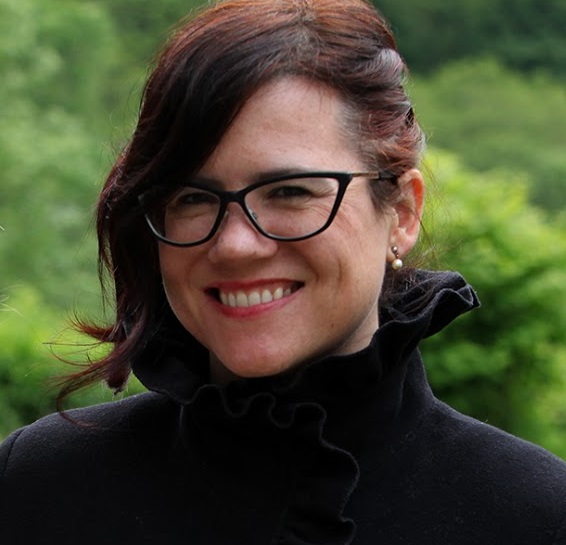Abstract: Proposed copyright reforms are typically situated as being pro-user/anti-author (or vice versa). When it comes to making normative judgments about how far copyright rights ought to extend however, we need to ask more than whether a change might make one or another interest worse off. Since copyright isn’t zero sum, we need to ask who loses how much in exchange for who gaining what. This is particularly important when considering normative questions relating to copyright’s role in human and economic development, which are regaining urgency as the marginal cost of copying continues to drop for the world’s least advantaged populations, increasing the deadweight loss attributable to copyright.
This paper adapts a Rawlsian conception of the public interest to develop an objective framework that can enable more nuanced evaluation of the merits and demerits of global copyright policy proposals. By refocusing the debate from what is being won and lost by individual stakeholders towards the broader possibilities enabled by digital abundance, it shines fresh light on copyright’s potential to help vulnerable people live a ‘good life’, lift populations out of poverty and stimulate fresh creation.
Citation: Giblin, Rebecca, Is it Copyright’s Role to Fill Houses with Books? (October 18, 2016). Susy Frankel and Daniel Gervais, Intellectual Property and Regulation of the Internet: The Nexus with Human and Economic Development (2017 Forthcoming).
Full text on SSRN: https://ssrn.com/abstract=2853970





